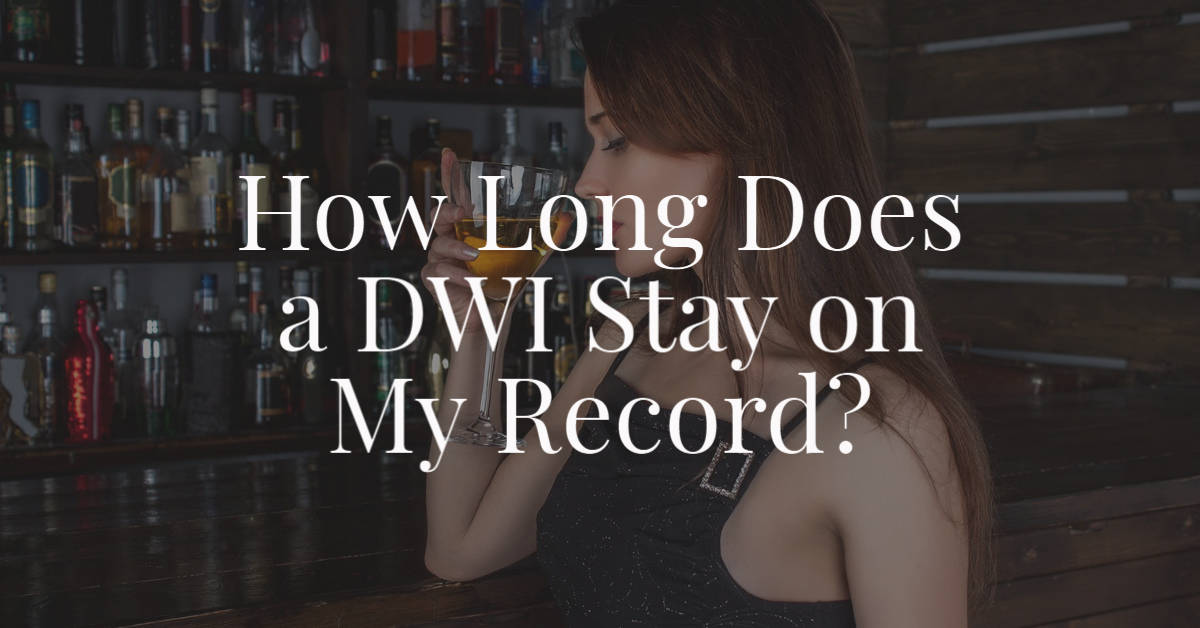In North Carolina, if you have a few drinks and drive home, it’s not difficult to get a DWI conviction. The average woman can hit the point of impairment with only 2-3 alcoholic drinks with dinner.
You can also incur a conviction of DWI without any alcohol in your system. If an officer thinks you are driving while impaired for any reason, they can pull you over and order chemical tests for other drugs. When taking impairing levels of drugs or if you blow a .08 on a breathalyzer test (or refuse to take the test), you are likely to be charged with DWI.
If you already have a DWI conviction, you know what it is like to face fines, community service hours, a suspended license, or even jail time. You also have experience with others treating you as less than because of your criminal record.
Let’s look at if and when it is possible to leave a DWI behind for good.
Your Case “Dismissed” or “Not Guilty”
The best defense to a DWI is a good offense. If your attorney can prove that there is reason to doubt your impairment or a way to show that the officers did not follow proper procedures, the judge may dismiss your case or find you “not guilty”.
In these cases, you can immediately file for an expungement of your record. An expungement is when the public record of your criminal arrest, charge, and conviction is wiped clean. Even your background checks should, by law, not show your criminal record. With an expunged record, you can once again legally answer “No” to questions about whether you have any criminal charges or convictions, even while giving testimony in a court of law.
Expungement can take six months to a year and involves a lengthy process, including affidavits, background checks, and even a possible hearing. It is always best to consult with your attorney when applying for expungement.
So No One Can Find Out About My Record?
If you have an expunged record, all public or government agencies seal or destroy your record. However, certain law enforcement agencies can still see your background. There may also be other sources of information out there online that have not correctly deleted your expunged criminal convictions and charges.
If an employer sends a letter stating that their reason for not hiring you is related to your expunged criminal record, you can dispute this decision. You will need to contact the background agency that the employer used to request a reevaluation of your criminal record. Also, you may need to provide documented proof of your expungement.
If You Are Convicted of DWI
It is not possible under current laws to get a DWI conviction expunged. You can receive expungement for non-violent misdemeanors and felonies in North Carolina, but DWI convictions are excluded from the definition of a non-violent misdemeanor under § 15A-145.5(a)(8a)
In other words, if you get a DWI conviction, even a misdemeanor DWI, in the state of North Carolina, you have consequences that last for the rest of your life.
These consequences can include:
- Loss of license
- Losing a vehicle to the state
- Jail time
- Community service
- Ignition Interlock system if you regain driving privileges again
- Higher Insurance Rates if you regain driving privileges again
- Employers are less likely to hire you.
- Apartment offices are less likely to rent to you.
- Losing your job or professional licenses
Find out more about consequences at the NC DMV.
Look Back Period
Even though the DWI stays on your record, North Carolina has a look-back period that ends after 7-10 years. For sentencing purposes, if police arrest you for DWI within seven years of your first conviction, it can be sentenced as a second offense.
A second offense has steeper penalties and consequences, including heftier fees and more years of license suspension. A third DWI during the look-back period could result in the permanent loss of your license.
Seek Help
Your best bet when facing a DWI charge is to hire a criminal defense attorney so that you have a fighting chance against the conviction. The laws in North Carolina against impaired driving are severe and have lifelong consequences. If you have not been convicted yet, you still have a chance against a system with no mercy for impaired drivers.
Talk with our criminal defense attorneys at Cape Fear Law about potential defenses against a DWI conviction. It’s time to start moving forward in your life.

